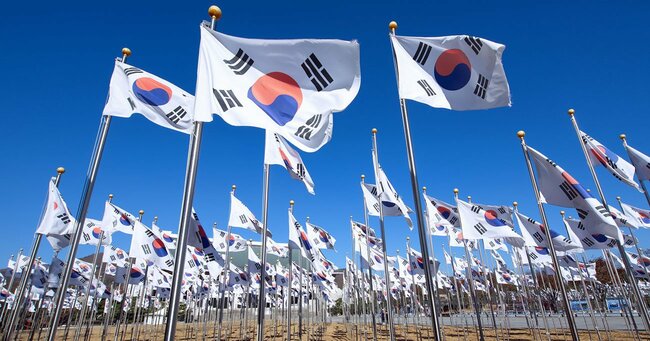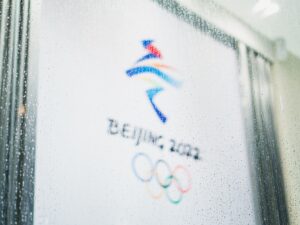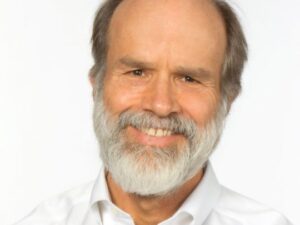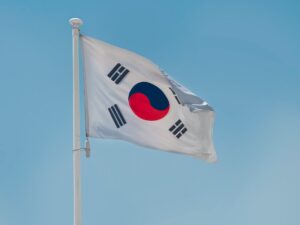
The “Japan Negative Campaign” in South Korea is back!
On August 24, 2023, the discharge of treated water from the Fukushima nuclear power plant into the ocean finally began.
The release of the treated water has been met with strong opposition, especially from China, but in South Korea as well, the largest opposition party, the leftist “United Democratic Party of Korea” and civic groups have been holding protests and demonstrations.
In fact, in response to the release of the treated water, Lee Jae-myung, leader of the “United Democratic Party of Korea,” has condemned Japan in such strong terms as “This is the second Pacific War,” and has stepped up his criticism of the Yun administration in a desperate appeal to the public.
On August 26, a protest demonstration was held by leftist civic groups in Gwanghwamun Square in the center of Seoul.
Furthermore, on August 24, 16 university students were arrested on suspicion of attempting to trespass into the Japanese embassy in Seoul as a protest against the release of treated water. The university students arrested this time are known to be members of “Progressive Solidarity,” an affiliate of a left-leaning civic group. The Realities of “Patriotism
Whenever demonstrations are shown in South Korea, young people in uniform or who look like university students are often seen. Many of these young people are participating in the demonstrations through civic groups in exchange for scholarships or internal exams, and it is not uncommon to see students and young people in Korea taking the initiative in participating.
In the case of last fall’s crowd accident in Itaewon, a downtown area of Seoul, the fact that most of the victims were young people led to a widely publicized announcement that a candlelight rally to denounce criticism of the government would be led by middle and high school students under the name of a “uniform demonstration. In the end, however, the event did not attract as many people as initially expected, did not generate as much buzz, and ended in a dud.
In addition, left-leaning civic groups, as symbolized by “Candle Solidarity,” have been viewed as problematic for their pro-North Korea leanings, such as holding lectures and distributing books praising North Korea with subsidies.
In the past, the actions of these university students might have been praised as patriotic, but along with the demonstrations, some have been heard to say coldly, “If you protest this much against North Korea and China, we will trust you.
A search of several articles on the treated water and the demonstrations related to the treated water in South Korea revealed that the comments were all condemnations of Japan, but surprisingly, there were also many objective comments such as “We should not believe the claims of the ‘DPJ Together'” and “Are you starting NO JAPAN again?
While the elderly and supporters of the “DPJ of Together” who believe some of the extreme reports on TV and in newspapers are particularly disturbed and are growing more anxious, the younger generation, perhaps because they have seen and heard a variety of information on the Internet, etc., is probably looking at the situation objectively.
The public may have come to feel contradictions and doubts about the repeated incitement of “baseless” public opinion as seen in the former mad cow disease issue, the “NO JAPAN” campaign of the previous Moon Jae-in administration four years ago, and the spread of the new strain of coronary disease.







